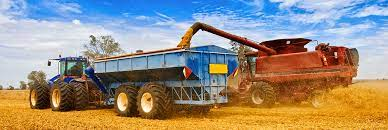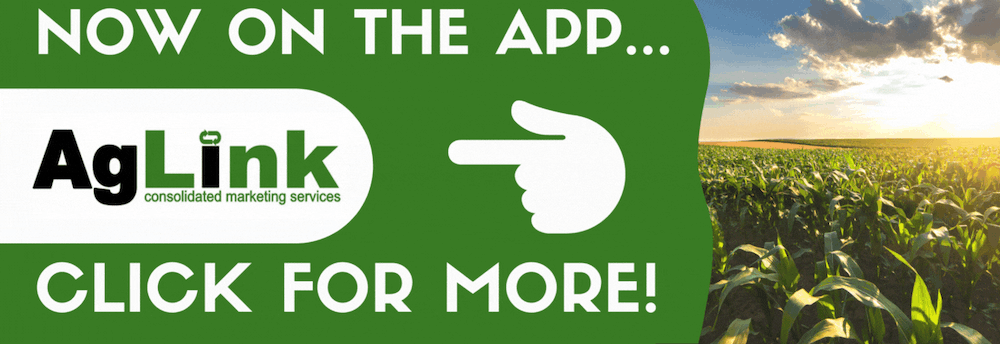Agricultural commodities drop but may have hit lowest point
Luke Williams
15 April 2023, 3:40 AM
 Image: Federal Government
Image: Federal GovernmentGlobal commodity prices dropped across all agricultural categories in March, Although experts think they may have found their bottom price, according to the Rabobank Australia Agriculture Monthly report.
Cheese and sheepmeat were among the worst hit. Sheepmeat prices are currently at some of their lowest levels in three years.
Most sheepmeat categories saw prices fall, with merino lambs seeing the largest falls, in the order of 12% to 15%, between 2 March and 2 April 2023. Mutton prices also fell toward mid-March before recovering late in the month.
“Despite favourable seasonal conditions, the volume of lambs in the market and softer demand conditions lead us to believe there is not a lot of upside to prices in the coming month,” said Rabobank’s report. “Still, we don’t believe prices will drop any further. Weekly slaughter numbers show lamb slaughter tracking very close to the five-year average, while sheep slaughter is up about 35%.”
“Wool prices are holding at current levels due to cash flow restrictions off the back of local logistical bottlenecks. In addition, support from key export markets at current low price levels is reducing price downside while the Chinese manufacturing sector is showing promise for increased demand,” it said.
While the price of wheat remained flat, the price of cheese had a particularly notable fall of 13%.
Milk production shrank 5.3% in February. “The sizeable drop in milk supply is challenging the local supply chain and driving aggressive recruitment and retention strategies from dairy companies,” the report said.
Earlier this year, Rabobank Australia’s 2023 agricultural outlook said that agriculture profits ease this year as commodity prices stabilise and the world heads into recession.
While cattle prices fell, it is thought that perhaps they have now reached bottom of the market, with the report saying “US Import prices are trending up and together with rainfall across much of eastern Australia that support Autumn pasture growth this should support Autumn pasture growth.”

Image: Department of Agriculture, Fisheries and Forestry.
Cattle exports in February were up 18%, and there has been increase in cattle head numbers across NSW.
The Rabobank analysis comes as the NSW Farmers Federation hopes China will end its suspension of beef imports from Australia.
The Australian Government has stopped a World Trade Organisation dispute over trade terms, hoping the two countries can repair their trade relationship.
Several NSW abattoirs are among a string of meat suppliers who have been blocked from supplying beef to China since 2020.
“It’s very positive,” NSW Farmers Head of Policy told the Daily Telegraph of current Australia-China trade negotiations. “There’s a clear thawing of a relationship.”
